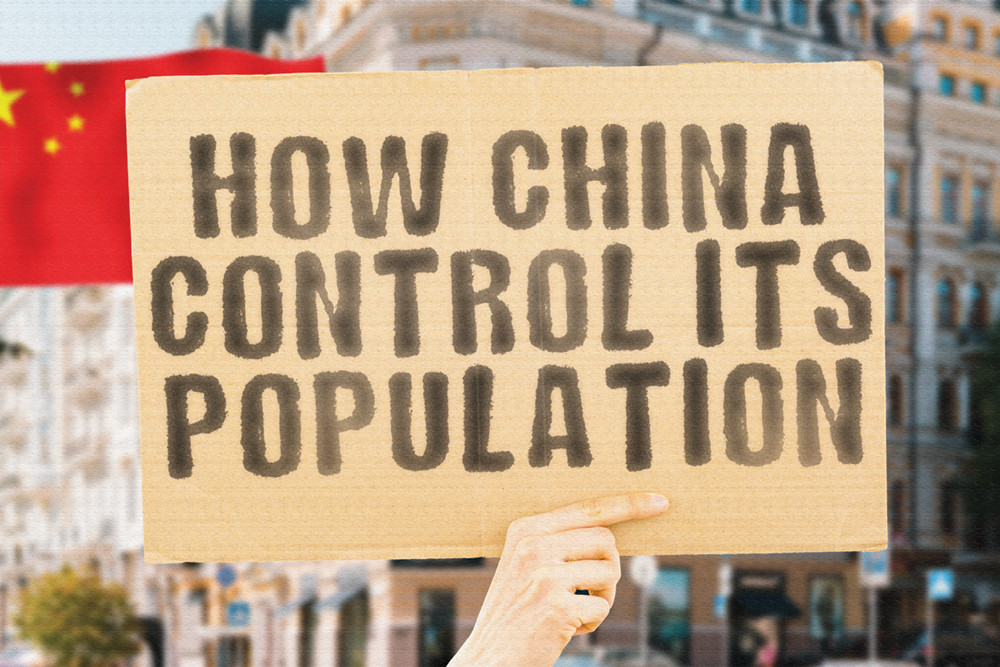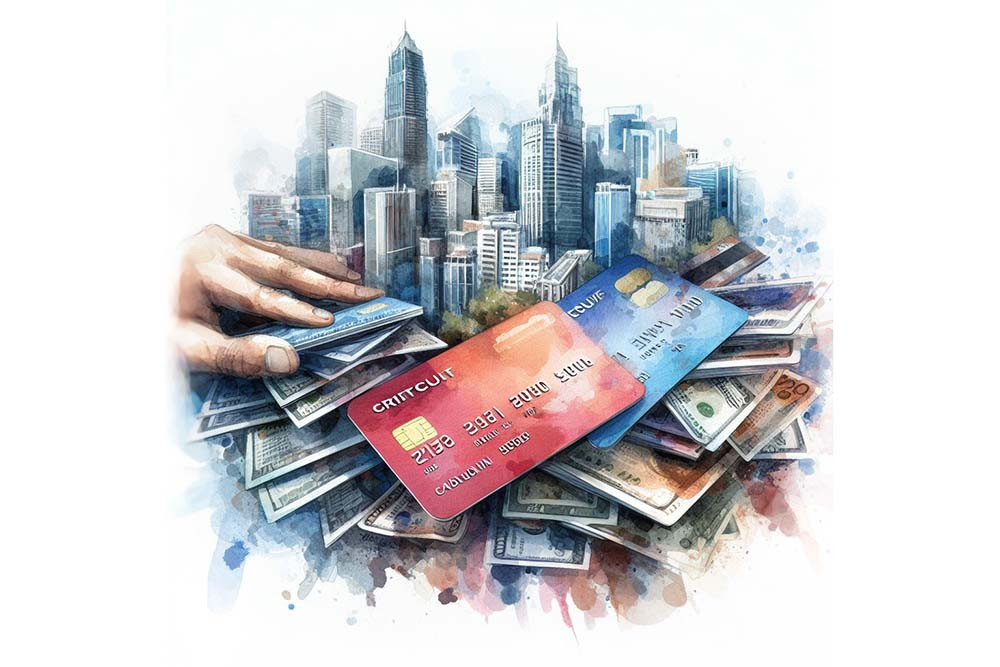
All sorts of shortages are now popping up in the US economy. At the head of the list is undoubtedly infant formula, but there are literally dozens of other items in short supply. There are so many of them that I feel constrained to mention them in alphabetical order, lest I inadvertently miss one or engage in double counting.
Here they are, as best I can list them: aluminium, avocado, bicycles, blood collection tubes, blood for transfusions, canned vegetables, cat food, chlorine, Christmas trees, coal, coins, commercial air tickets, computer chips, cream cheese, dye used in CT scans, eggs, fuel oil, garage doors, gasoline, girl scout cookies, hand sanitiser, home covid tests, infant formula, juice boxes, liquor, lithium, lumber, maple syrup, meat, motorcycles, natural gas, paper towels, pet food, potatoes, semiconductors, soap, soda, sunflower oil, toilet paper, tomato paste and wine. Peanut butter has not yet been mentioned in this regard but will soon, undoubtedly, be added prominently to this list.
I am not kidding: each and every one of these items have been mentioned in this regard in the major media. What is going on here? Has the economy gone crazy, or what? According to several headlines, that is just about what is occurring. Here are a few of them: “The world is still short of everything; get used to it.” “America is running out of everything.” “Product shortages and soaring prices reveal the fragility of US supply chain.”
If the shortage list is long, the presumed causes of this economic malfunction are almost as large. For peanut butter, it will be a recall due to contamination; a salmonella outbreak. But this is an input into many other products, such as fudge, chocolates and peanut butter sandwiches, which will also soon be hard to find. For many items on the list, the antecedent is the Coronavirus, which has led to supply chain problems. Paying workers to stay home and earn as much or more than their salaries, a few months ago, also contributed. Blame was also laid in a harsh winter. Imports from abroad have been subject to sudden border closures. Ships stuck at harbours on the west coast have been vulnerable to shortages of truck drivers and regulations. Computer chips have been susceptible to supply inelasticity; new offerings as a result of higher prices take a great amount of time to become forthcoming. Consumers have been castigated for hoarding. Staffing problems have been held responsible for commercial air travel disruptions. Drought, the bird flu and the Ukraine war have been held culpable.
But we have had all of these things before... war, pestilence, disease, bad weather, ill health, government regulations. However, massive shortages, not of everything under the sun, but almost pretty close, have never before disrupted the economy to anything like the degree we are presently experiencing (apart from the two world wars, of course).
"We have had all of these things before... war, pestilence, disease, bad weather, ill health, government regulations. However, massive shortages, not of everything under th sun, but almost pretty close, have never before disrupted the economy to anything like the degree we are presently experiencing."Where is the much-vaunted free enterprise system in all of this? Nowhere, that is where. Has it succumbed to so-called “market failure?” Not a bit of it. Rather, the difficulty is that public policy has made capitalism operate with one arm tied behind its back, and it has not been able to function when hemmed in by a plethora of restrictions, limitations and regulations. Basic introductory Economics 101 teaches us that a shortage occurs when demand for an item exceeds its supply. What invariably occurs then? Why, prices rise. When this takes place, businesses are incentivised to produce more, buyers to purchase less. Voila, the shortage ends. Why doesn’t this occur under the Biden Administration? Why do we have so many shortages? One possibility not at all in the public eye is that business firms are afraid to raise prices lest they be charged with price gouging. And why in turn might this be the case? The Bidenites are not exactly friends of the free enterprise system. Yes, to be sure, prices have indeed been rising. But are they increasing fast enough so as to quell shortages? Evidently not. Why not? This is possibly due to fear of being accused of gouging, and being subject to antitrust attention. Wages, too, are on the incline. But likely not sufficiently so as to overcome the supply inelasticity difficulty. Why not? Firms may well be leery of so doing, in case they have to be decreased later on, and will be accused of exploiting, or victimising labourers, or some such. Prices and wages are typically somewhat sticky; that is, they are not instantaneously and fully flexible. But an anti-business philosophy of the sort now prevailing in Washington DC makes them even less able to perform the tasks for which we need them, than would otherwise be the case. Source: fee.org READ ALSO:
Published Date: July 5, 2022, 12:00 am
Post Comment
E-Magazine
RELATED Economics





